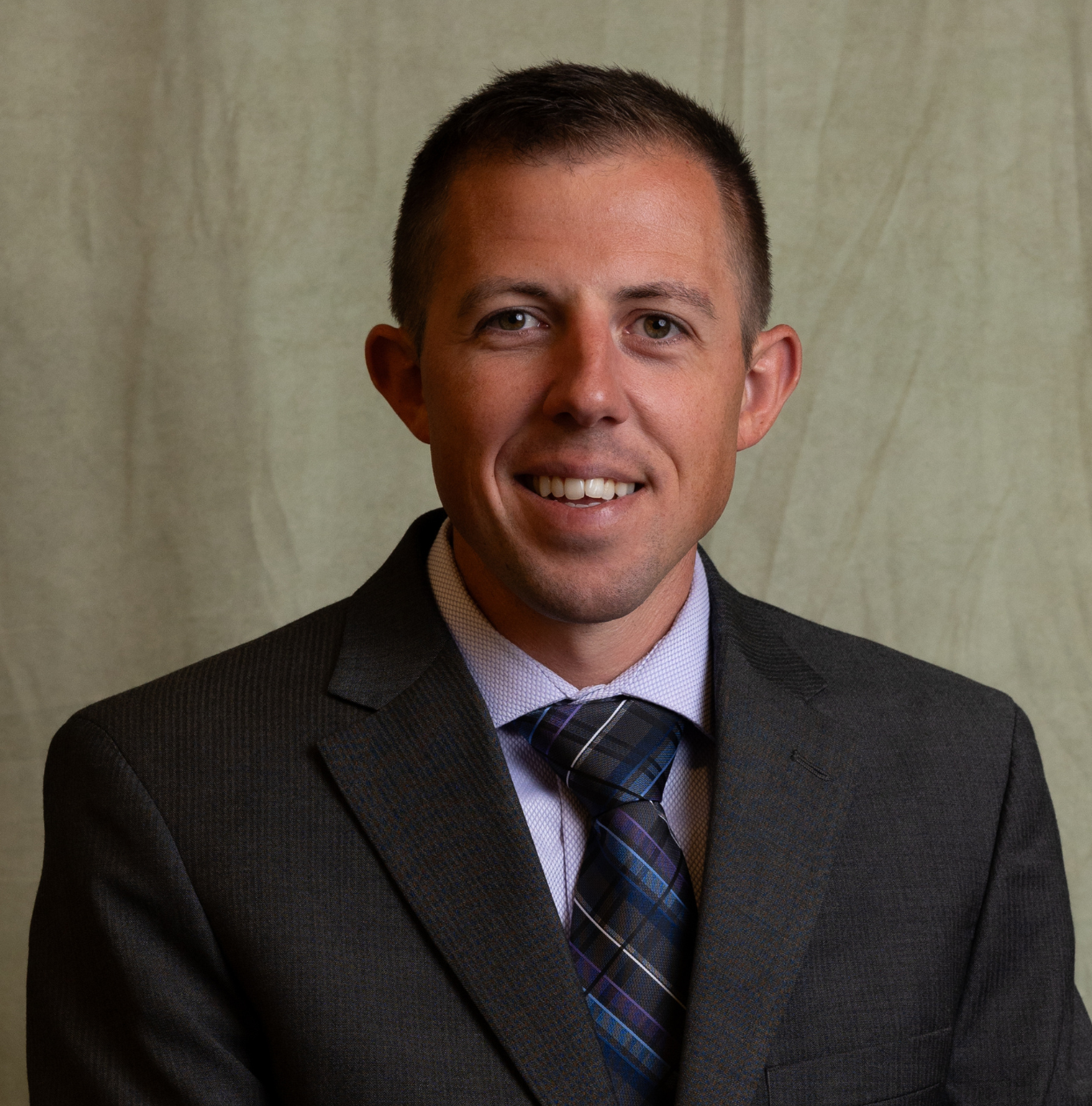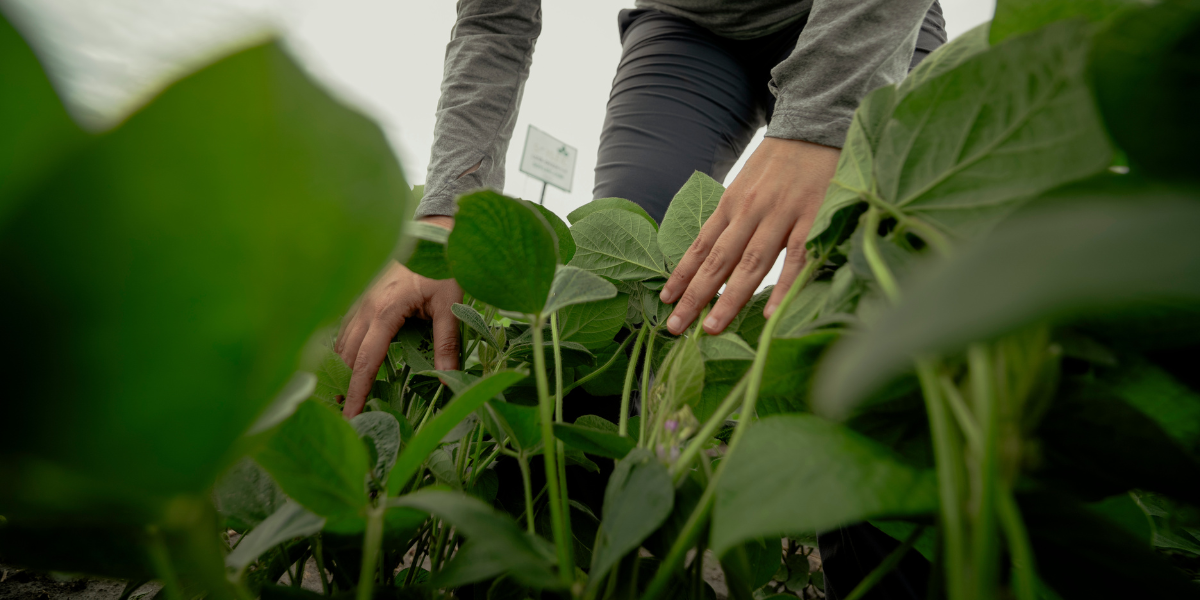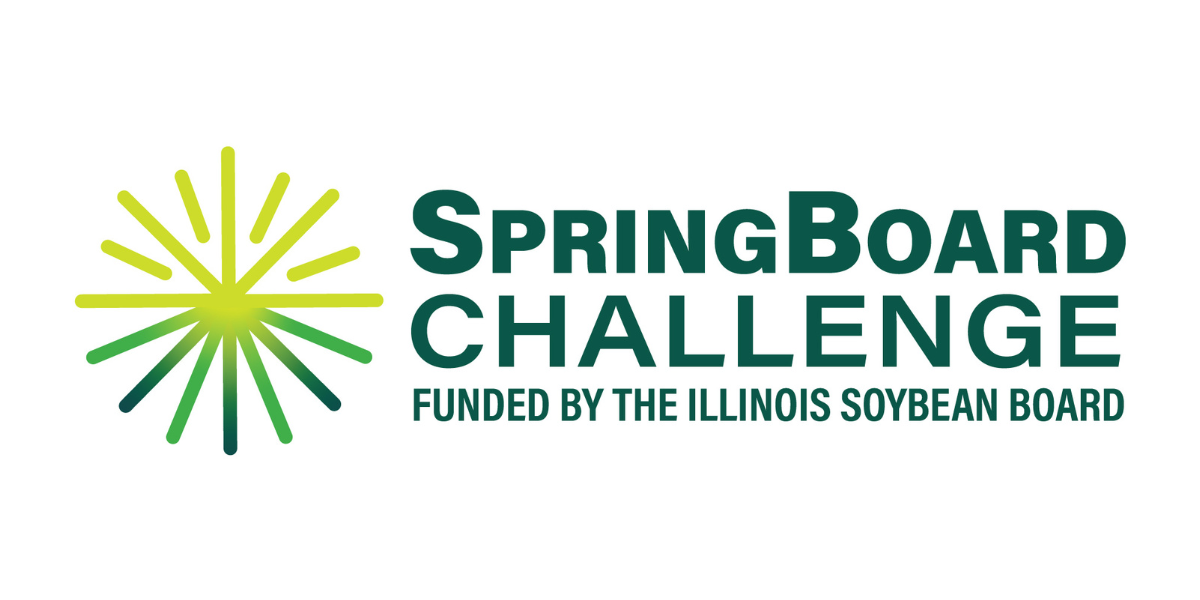I often struggle with what the future holds for my farm. Who will be interested in farming? Will my farm focus solely on row crops, or should I incorporate specialty crops? Are there additional side businesses that could contribute to its success? How will conservation practices be implemented in the future, and will I be prepared for them? These are just a few of the factors to consider.
One thing of which I am certain: to become a next-gen Illinois farmer, you must have the drive and passion for agriculture. The challenge I face is channeling my passion toward a single aspect of my operation, whether it be production, accounting, future investments or enhancing operational efficiencies. I say all of this to simply acknowledge the fact that agriculture and its affiliated industries are very complicated and sometimes uncertain.
Every farm, no matter the size, needs a team to make the operation function and not lose focus on the task at hand. I’m lucky enough that my family has been part of that team. Grandpa taught me the value of buying land and working hard to make ends meet. Dad taught me how to work on equipment, how to master the art of doing things the right way, and why it’s important to ask, “What’s the worst thing that can happen?” Asking that question has probably saved me many times throughout the years. Previous generations have set me up for success by investing in proper planning and focusing on the task at hand. They made it a priority to set up our farm operation so the next generation could thrive.
Many times, the future of agriculture has been shaky or uncertain, which remains true today. We as Illinois farmers aim to produce what we want, how we want and for profit, and our support system at the Illinois Soybean Association (ISA) does so much to ensure we can maintain our way of doing business.
The Market Development team is constantly seeking new uses for soy so we can continue to produce what we want. The Soy Innovation Center is currently developing multiple products aimed at increasing the utilization of soybeans. Market Development also focuses on identifying emerging markets and positioning Illinois soybeans as the preferred choice when these markets become major importers.
The Government Relations team is always on the lookout for burdensome legislation that could prevent us from producing how we want. With the number of farmers decreasing over the years, our voice becomes quieter. Through farmer-led organizations such as Illinois Soybean Growers (ISG), we have a voice in Springfield and D.C., which is vital for the future generations of our farms.
The Soybean Production team is conducting research that will help farmers find their way to long-term profitability. The sign-ups for 2025 have closed. I recommend adjusting the copy. Here’s one recommendation “Recently, ISA started its On-Farm Trial Network program and many farmers have enrolled in trials for the 2025 growing season. These studies can have a direct impact on the way you produce.”
ISA has become part of my team to help the next generation come back to the farm. I encourage you stay engaged with our work at ISA so you can make changes to your operation or get involved in amplifying the voice of Illinois farmers at the state and federal levels. Together, this work supports the next generation the next generation of Illinois farmers.
Recent Articles
High oleic soybeans have opened new doors of opportunity with their beneficial profile for human-grade food products and animal feed.
By IL Field & Bean Team
As markets continue to shift and sustainability becomes mainstream, the SpringBoard Challenge aims to commercialize price- and performance-competitive soy-based products.
By Todd Main, ISA Director of Market Development


